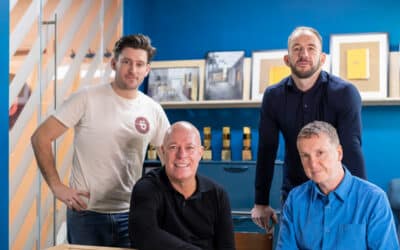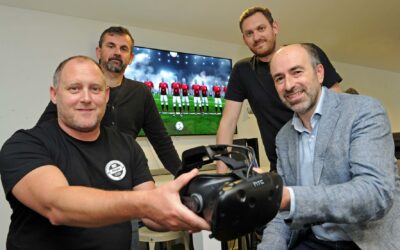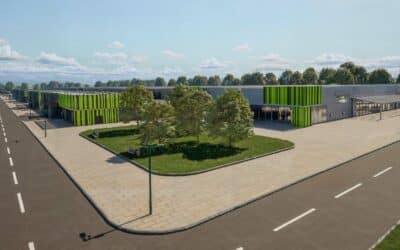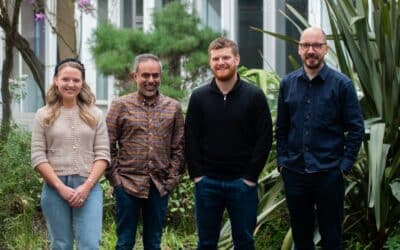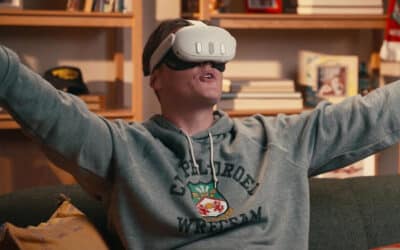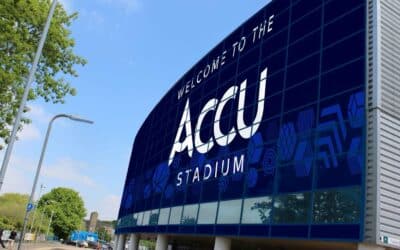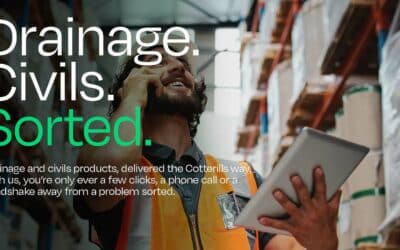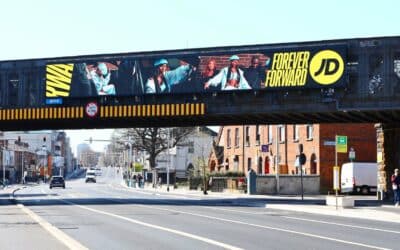Following the closure of Salford-based creative studio Mi back in 2018 after 15 years, founder Anthony Hartley-Denton is now working with property and construction clients through CGI and interactive consultancy HDMI Lab.
HDMI Lab, a play on his surname and “obsession” with emerging technology, leads a small specialist team of five which includes ex Mi staffers. The team went fully remote pre-pandemic, with the majority based across the North and Europe.
“I’ve kind of never gone away,” jokes Hartley-Denton, adding that HDMI Lab’s new offering harnesses the “creative collision” between interactive and CGI elements.
In the purpose-built student accommodation (PBSA) sector, HDMI Lab teamed up with software company Pikcells to deploy an interactive technology across student residential sites in Leeds and Birmingham for accommodation provider Vita Student.
“In the last two years, HDMI Lab has strived to become the connective tissue, away from operating solely as an agency to working on different consulting projects offering this type of interactive project.
“We’ve successfully deployed this technology to great effect in the last couple of years in both the PBSA and commercial real estate sectors. Everyone has tried interactive, but what sets this apart is an API which allows the client sales team to dynamically control the visual and written contents of the interactive tour experience.
“You can curate what the recipient sees in real time. The Vita Student project was based on real-time pricing, via a simple CSV document held by their Middle Eastern team so that they can amend things like the price or availability in response to market conditions and availability.
“It gives a tangible advantage to a client operating in the PBSA market. For example, as rental units sell, they are removed from the inventory in real-time, creating a real sense of urgency to a would-be buyer.
“The big advantage is it’s not a brittle technology. It doesn’t require a 5k workstation in a marketing suite which needs to be constantly manned. It doesn’t need any special plug-ins. The WebGL engine (which Google Earth utilises) is fully remote. If you’ve got the link, then you’ve got the experience.”
The company’s latest commercial real estate project has again been developed in close collaboration with Pikcells, where the two firms have crafted an immersive interactive CGI experience for the commercial sector – this time for Ask Real Estate on its 7 First Street development.
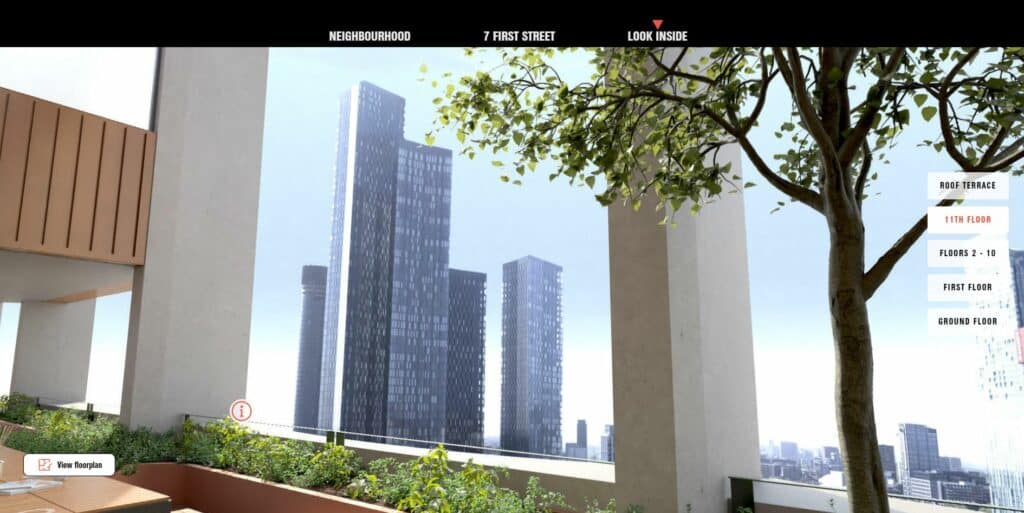
“I’m a big believer in domain expertise. Most agencies who claim to be full-service nowadays have subcontractors white labelling behind the scenes. We are open about it. We consider Pikcells without pier in web GL projects, so we are happy to be open about our regular collaborations with them.”
While the PBSA project allowed for “immediate global market exposure to would-be investors”, the approach taken for 7 First Street was focused on precise targeting of a handful of select businesses.
“It makes the whole sales experience more gamified; it has a similar feel to The Sims because that’s something almost everyone can relate to.”
While Pikcells focused on the interactive side, all the creative control and CGI direction behind the project has been spearheaded by Hartley-Denton and HDMI Lab over the past three months.
“The initial market feedback and data from the agents has been amazingly positive,” he says. “This tool condenses everything from floor plans, yields and views and has become an easy-to-deploy precision tool. It’s been tremendous fun to work on, and it’s extremely satisfying seeing an initial concept go on to be successfully deployed in two very different sectors of the real estate market.”
With a number of these types of projects in the pipeline, he revealed HDMI Lab is currently working on another interactive project, which includes animation and a fully interactive experience for the Manchester University NHS Foundation Trust.

